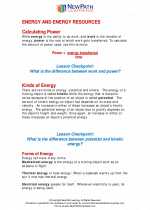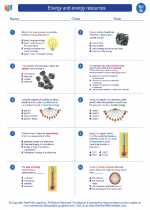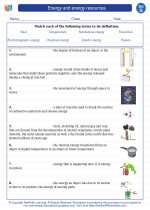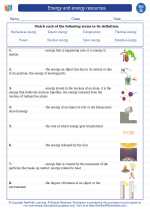Frequency
Frequency is a measure of how often a particular event or phenomenon occurs in a given period of time. In science, frequency is commonly used to describe the number of occurrences of a wave in a specific amount of time.
Frequency in Physics
In physics, frequency is often associated with the concept of waves. It is defined as the number of complete wave cycles that pass a given point in a certain amount of time. The unit of frequency is hertz (Hz), which represents one cycle per second.
Calculating Frequency
The formula to calculate frequency is:
Frequency (f) = 1 / Time period (T)
Where the time period is the duration of one complete cycle of the wave.
Example:
If the time period of a wave is 0.02 seconds, then the frequency would be:
Frequency (f) = 1 / 0.02 = 50 Hz
Applications of Frequency
Frequency is used in various fields such as physics, engineering, music, and communication. It is essential for understanding and analyzing wave phenomena, including sound waves, light waves, and electromagnetic waves.
Study Guide
Here are some key points to remember about frequency:
- Frequency is the number of occurrences of a wave cycle in a given time period.
- The unit of frequency is hertz (Hz), where 1 Hz equals one cycle per second.
- The formula to calculate frequency is f = 1 / T, where T is the time period of the wave.
- Frequency is crucial for understanding wave behavior and is widely used in various scientific and technological applications.
Understanding frequency is important for grasping the behavior of waves and their applications in different fields. It is also fundamental for comprehending topics such as wave speed, wavelength, and wave interference.
Feel free to ask if you have any more questions about frequency, or any other science topic!
.





